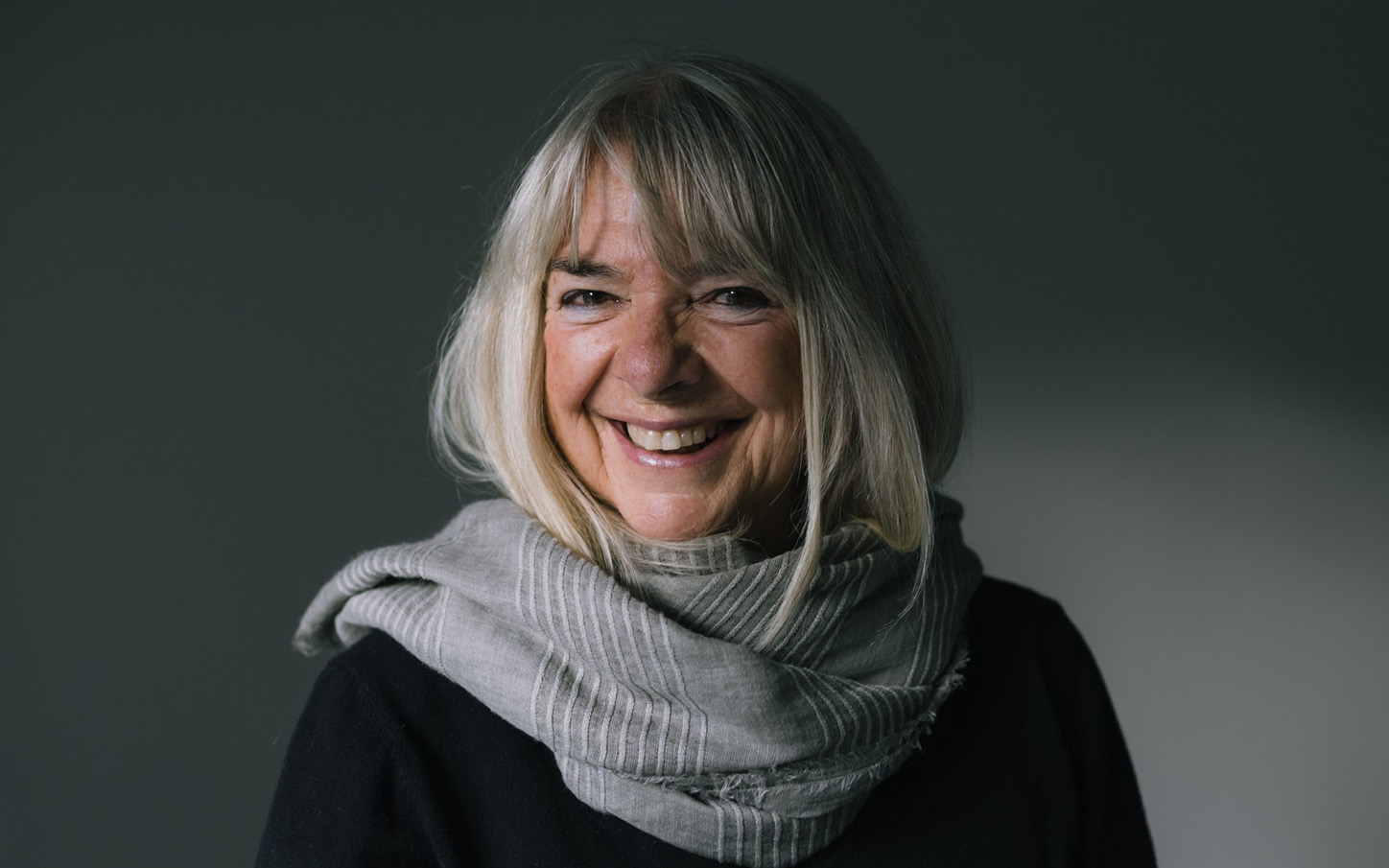Ann Mortifee is a member of the Ashoka Support Network. Learn more about it here and consider joining our community.
Q&A
1. As a changemaker yourself, tell us about your own journey and the role that changemaking and social innovation have played.
I was very influenced by my upbringing in South Africa during the apartheid era and the inequity I saw there; my family left the country because of it. When I moved to Canada, arts and culture became my outlet for exploring how to make the world a better place. I became very involved with the theatre where Chief Dan George (Chief of the Tsleil-Waututh Nation in British Columbia and an actor, musician, poet and author) worked and collaborated on the play, The Ecstasy of Rita Joe. From there, I became a singer and a writer. I found myself writing about what could be changed in the world. I realized that it’s important to put something out into the world, even if you feel you can’t change it, because you add a pebble to a mountain of change- everyone has a part to play.
My connection to land and sustainable forestry have also played a big role in my life. I live on Cortes Island in British Colombia and the land next door to my house was going to be clear cut. I collaborated with my neighbours to save the land; this work would become the Trust for Sustainable Forestry. I didn’t know anything about forestry or running a conservation organization, but I knew I had to do something. I learned as I went. Most of the change I’ve made has started with really loving something and wanting to make a difference.
2. How can others cultivate that trust in themselves as changemakers?
I believe we are all born with innate gifts that the world genuinely needs. There is a place inside all of us that is committed and loving and wants to protect the things we love. But there is another voice, that is cultured by society and tells us lies that we are not good enough or smart enough. When I started to work in forest conservation, I had to learn not to listen to that voice. I had to give up fear, complaining and self-pity; I would have gone bankrupt if I didn’t. I had to sacrifice a lot. I looked up the meaning of sacrifice and one definition was, “to make sacred”. The land is sacred to me. I took a leap of faith.
You don’t have to be the perfect person for the job. You just have to have something in you that wants to do it. The minute you take the first step, your journey begins.
3. What motivated you to get involved with Ashoka?
I run The Somerset Foundation with my brother Peter and his wife Nancy (learn more about Peter Mortifee and Nancy Mortifee, also ASN members). They introduced me to the wonderful work of Ashoka. I believed in Ashoka’s vision of changemaking and knew that I was a changemaker- we are all changemakers. Every thought, word and deed throughout our days make change- in our families, our communities and our own worlds. Someone can be going through a hard time and a small action you take can have a huge impact on them. You don’t know the ripple effects of the things you do and what you put out into the world.
4. Tell us about an Ashoka Fellow who inspires you.
Aaron Pereira, who leads The Wellbeing Project. As I’ve grown older, I’ve become so aware that to be able to sustain what you want the world to be, you have to be able to sustain yourself. If you don’t learn to master the emotions and mind, they will master you. The Wellbeing Project is helping Fellows who are putting themselves into the fire- so much is demanded of them, they must cultivate inner well being to carry these burdens. How do we feed the outer world? Through the inner world.
5. What advice do you have for aspiring social entrepreneurs? What has been your most important learning from your own path?
You have to let go of your attachment to winning the goal and just put one foot in front of the other. Don’t tell yourself a negative story and fall into the chaos of the mind- “it’s too hard”, “it’s not fair”, “I’m not supported”. Focus on the doing, on the day by day. If you love the vision, keep following it. Bring it to fruition if you can and if you can’t, it’s okay- someone else will pick it up because you’ve planted it in the world. The work we do lays stepping stones for others. That’s most important thing I’ve learned- I can’t save the world. I can add to the world.
